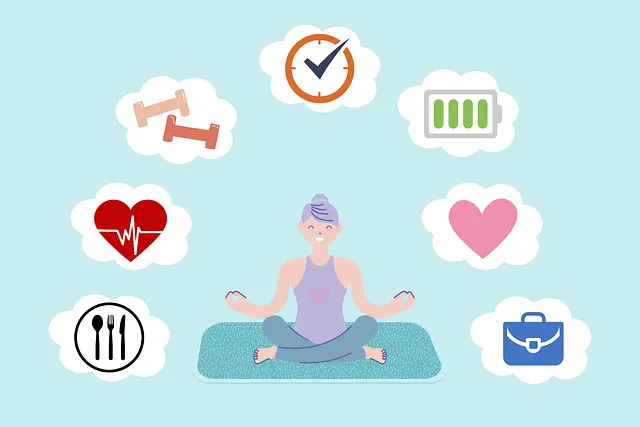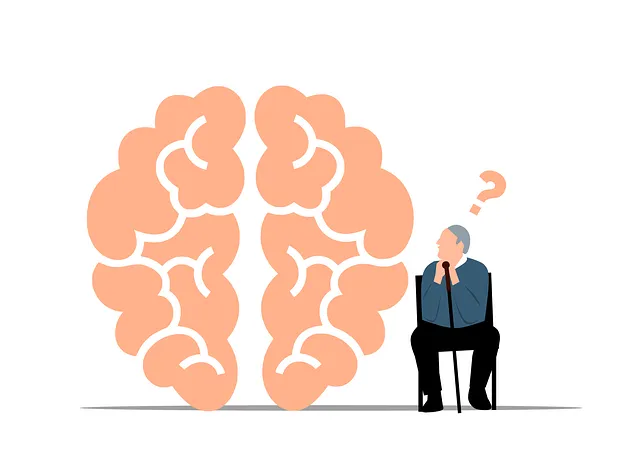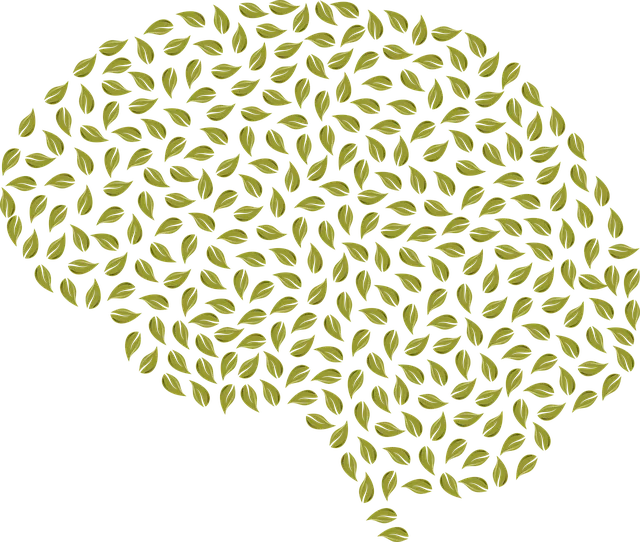The Northglenn Kaiser Permanente mental health center reviews reveal that stigma significantly impacts mental health in healthcare settings, deterring patients from seeking help due to fear, shame, and secrecy. To counter this, the reviews emphasize creating supportive environments encouraging open conversations about mental well-being. Mindfulness meditation and burnout prevention programs are effective strategies, fostering understanding and compassion. Stigma reduction efforts through community engagement workshops, educational programs, and media campaigns play a crucial role in normalizing mental health discussions. Success at the Northglenn Kaiser Permanente center demonstrates that engaging diverse communities can address concerns and provide platforms for personal sharing, leading to improved access to care and reduced judgment.
Mental illness stigma remains a significant barrier to seeking help, yet efforts to reduce it are gaining momentum. This article explores strategies aimed at breaking down the walls of isolation and fear associated with mental health struggles. We delve into the impact of stigma as seen through Northglenn Kaiser Permanente mental health center reviews, showcasing real-life consequences. From community engagement initiatives to media campaigns and personal narratives, we uncover powerful tools to empower individuals and communities in the fight against mental illness stigma.
- Understanding the Impact of Stigma on Mental Health: A Look at Northglenn Kaiser Permanente mental health center reviews.
- Strategies for Reducing Stigma: Community Engagement and Education Initiatives.
- The Role of Media and Social Influence in Shaping Public Perception: Lessons from successful de-stigmatization campaigns.
- Empowering Individuals and Communities: Personal Stories and Support Networks in the fight against mental illness stigma.
Understanding the Impact of Stigma on Mental Health: A Look at Northglenn Kaiser Permanente mental health center reviews.

The impact of stigma on mental health is profound, especially within healthcare settings. Northglenn Kaiser Permanente mental health center reviews highlight a recurring theme: the damaging effects of societal perceptions on patients’ willingness to seek help. Stigma often manifests as fear, shame, and secrecy, leading many individuals to avoid or abandon their treatment plans. This not only hinders recovery but also exacerbates existing symptoms, especially in populations already vulnerable to mental health issues like burnout.
The Northglenn Kaiser Permanente reviews consistently mention the importance of creating supportive environments that foster open conversations about mental well-being. Implementing strategies such as mindfulness meditation and burnout prevention programs can significantly reduce stigma. By equipping healthcare providers with burnout prevention strategies, centers like Northglenn Kaiser Permanente can promote a culture of understanding and compassion, encouraging patients to prioritize their mental health without fear of judgment or repercussions.
Strategies for Reducing Stigma: Community Engagement and Education Initiatives.

Stigma reduction efforts play a pivotal role in fostering understanding and support for individuals facing mental health challenges. Community engagement is a powerful strategy to combat stigma by promoting open conversations and sharing accurate information about mental illness. This involves organizing workshops, community talks, and educational programs that encourage dialogue and dispel myths surrounding mental health. Local initiatives such as those at the Northglenn Kaiser Permanente mental health center reviews have shown success in engaging diverse communities, addressing concerns, and providing a platform for individuals to share their experiences.
Education is another key component of stigma reduction. Implementing comprehensive mental health programs in schools, workplaces, and community centers can help normalize conversations about mental well-being. This includes training mental health professionals to conduct risk assessments using tools like the Risk Assessment for Mental Health Professionals, which enables early identification and appropriate support. Moreover, integrating Mental Health Policy Analysis and Advocacy into educational curricula raises awareness among policy makers and the general public, leading to more inclusive Mental Health Awareness campaigns that challenge stereotypes and promote empathy.
The Role of Media and Social Influence in Shaping Public Perception: Lessons from successful de-stigmatization campaigns.

The media plays a significant role in shaping public perceptions about mental health, often influencing how society views and treats individuals with mental illness. Successful de-stigmatization campaigns have shown that by presenting accurate, empathetic narratives, media can foster understanding and reduce prejudice. For instance, Northglenn Kaiser Permanente mental health center reviews highlight positive shifts in community perception due to their initiatives aimed at destigmatizing mental health issues. These campaigns focus on sharing personal stories, emphasizing the commonalities between people’s experiences, and promoting empathy-building strategies. By humanizing mental illness and showcasing recovery stories, they challenge stereotypes and encourage support.
Lessons from these successful efforts indicate that media can be a powerful tool for change when it incorporates emotional well-being promotion techniques and Stress Management strategies. By presenting diverse perspectives and dispelling myths, media outlets can contribute to creating a more supportive environment for those struggling with mental health challenges. This shift in public perception is crucial, as it paves the way for improved access to care, fostering an atmosphere where individuals feel comfortable seeking help without fear of judgment.
Empowering Individuals and Communities: Personal Stories and Support Networks in the fight against mental illness stigma.

In the battle against mental illness stigma, empowering individuals and strengthening communities plays a pivotal role. Personal stories of resilience and recovery can be incredibly transformative, serving as powerful tools to educate and humanize the conversation around mental health. The Northglenn Kaiser Permanente mental health center reviews highlight successful initiatives where support networks have fostered an environment of understanding and acceptance. These community-led efforts encourage open dialogue about mental wellness, challenging societal norms and breaking down barriers that isolate those dealing with mental illness.
By sharing their journeys, individuals can inspire hope in others facing similar challenges, fostering a sense of belonging and reducing the stigma associated with seeking help. Public Awareness Campaigns Development strategies that emphasize Mental Wellness and Stress Management have proven effective in reaching broader audiences, promoting early intervention, and advocating for improved access to quality mental health services like those offered at Northglenn Kaiser Permanente. These personal narratives and collective actions are essential steps towards creating a more supportive society where individuals can openly discuss their mental health without fear of judgment or discrimination.
The journey towards reducing mental illness stigma is a collective effort, as evidenced by successful initiatives like those at the Northglenn Kaiser Permanente mental health center, as reviewed in this article. By fostering community engagement and education, leveraging media and social influence, and empowering individuals and communities, we can create a more inclusive society that supports those facing mental health challenges. Continued efforts, inspired by both personal stories of resilience and successful de-stigmatization campaigns, are crucial in breaking down barriers and ensuring everyone receives the care they need without fear of judgment or discrimination.



